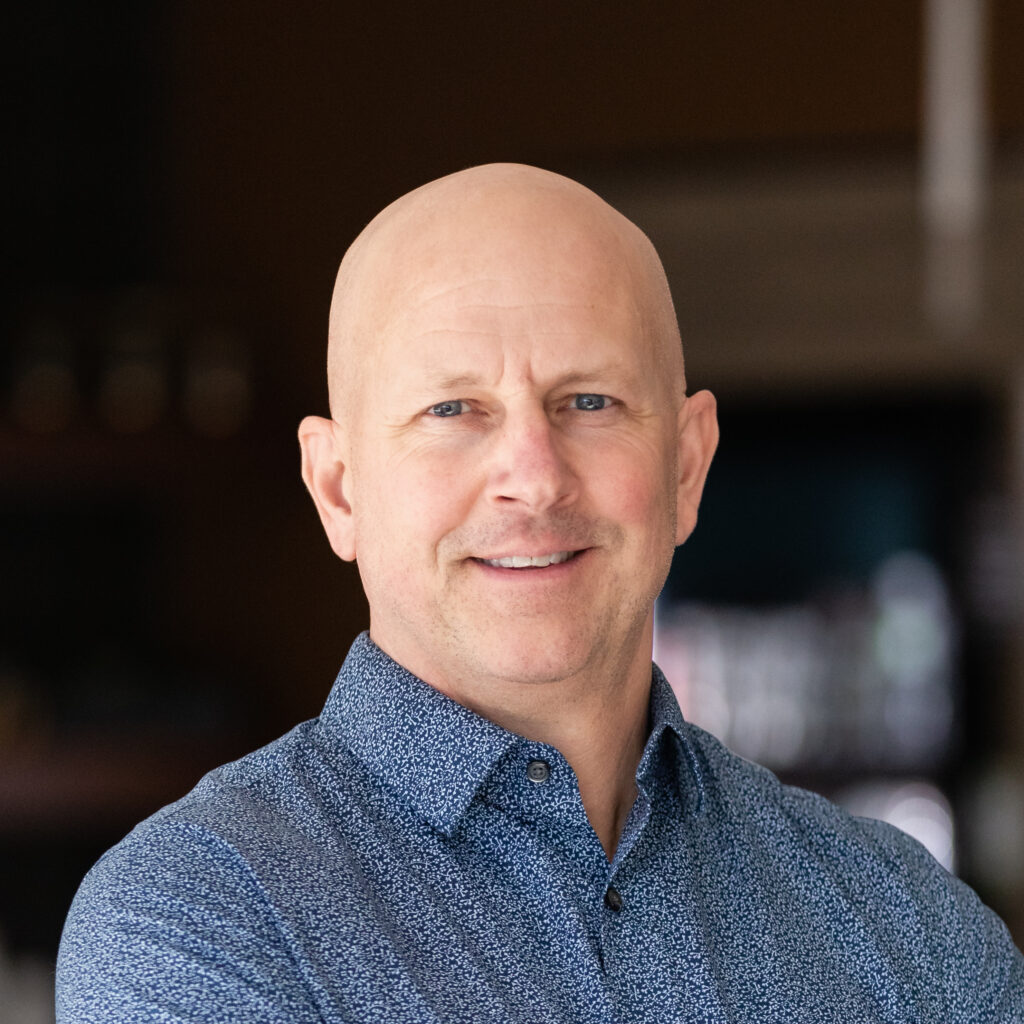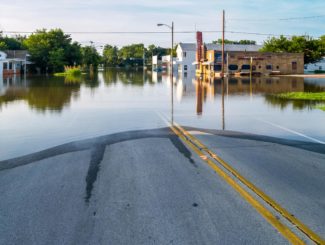August 1, 2024
By Steve Nelson, Director of Water/Wastewater, WSB
The resilience of public water treatment systems has never been more crucial. There are also new opportunities that allow us to design systems that are sustainable, efficient, healthy and adaptable.
The Infrastructure Investment and Jobs Act (IIJA) presents a pivotal opportunity for cities to bolster their water treatment infrastructure with a focus on sustainability and resilience. This historic funding initiative supports the modernization of critical infrastructure, including the integration of sustainable technologies and practices within public water systems. By accessing IIJA funds, cities can invest in treatment technologies, green infrastructure and energy-efficient upgrades that meet regulatory demands position them to better address future challenges. The act offers a strategic pathway for cities to align financial investments with long-term sustainability and water treatment goals.
Three of the current models being used include:
- Water Reclamation using Green Infrastructure, such as biofiltration systems, which can contribute to urban greenery while reducing irrigation loads on a water treatment plant.
- Advanced Water Recycling Technologies, such as reverse osmosis (RO) that treat and reuse wastewater.
- Water Supply Plan initiatives by which public water supplies work to reduce per capita demands and maximum day to average day peaking factors.
Three new, innovative strategies for sustainable drinking water systems that can enhance the resilience of drinking water treatment systems:
- BIOLOGICAL FILTRATION – This technology has been used in the vast majority of European drinking water treatment plants for the last few decades. WSB has been at the forefront of working with the Minnesota Department of Health (MDH) to pilot test and implement the technology in several metropolitan area Minnesota communities. The process harnesses nature to avoid challenges and realize many benefits including:
- Vastly reduce costs for water treatment plant expansions through MDH approval of filtration rates that can be double that of what MDH approves for conventional filter operations. This level of filter efficiency can eliminate the need for building additions and filter expansions and save municipalities millions of dollars in capital improvements costs.
- Reduce chemicals added during treatment resulting in more natural drinking water and less potential for the formation of chemical by-products and the health risks such byproducts may introduce.
- Better air quality in the water treatment plant, healthier air for the plant operators and less corrosion of equipment and infrastructure in the plant.
- Better tasting water.
- Reduce taste, odor and corrosion in the distribution system, which is good for Lead and Copper Rule (LCR) compliance and reduces the amount of expensive orthophosphates that need to be added to the finished water and carried into the distribution system.
- GEO-THERMAL ENERGY – WSB staff have worked with water treatment staff to harness the geo-thermal energy of drinking water that passes through treatment plants in Minnesota. No such large-scale systems have been allowed in the last several years. Recently, a new technology, by which to capture this geo-thermal energy, is emerging and may prove fruitful for some Minnesota drinking water treatment plants.
- PLATE SETTLERS – Although not as recent, there is once again the potential to apply for funding assistance if the expansion or optimization of your water treatment facility could benefit from the space saving and increased water recovery associated with plate settlers. We have helped implement nearly a dozen plate settlers for such purposes.
How WSB Can Help
These new opportunities to procure funding and enhance sustainable drinking water systems promote adaptability, treated water aesthetics and operator health are something we are prepared to assist you with. Our team works with you to leverage these technologies, apply for federal or state funding and help you build a drinking water treatment system that provides great water quality, reduced chemical use and adaptability for meeting future demands and regulations.
Steve designs treatment plants and renovations (for both groundwater and surface water plants) including treatment process technologies such as reverse osmosis, ozone, activated alumina, biological filtration, lime softening, radium reduction, plate settlers, plate and frame presses and solids handling. He has worked with the AWWA Office of Government Affairs and the AWWA Research Foundation on water studies.
[email protected] | 612.258.8152


